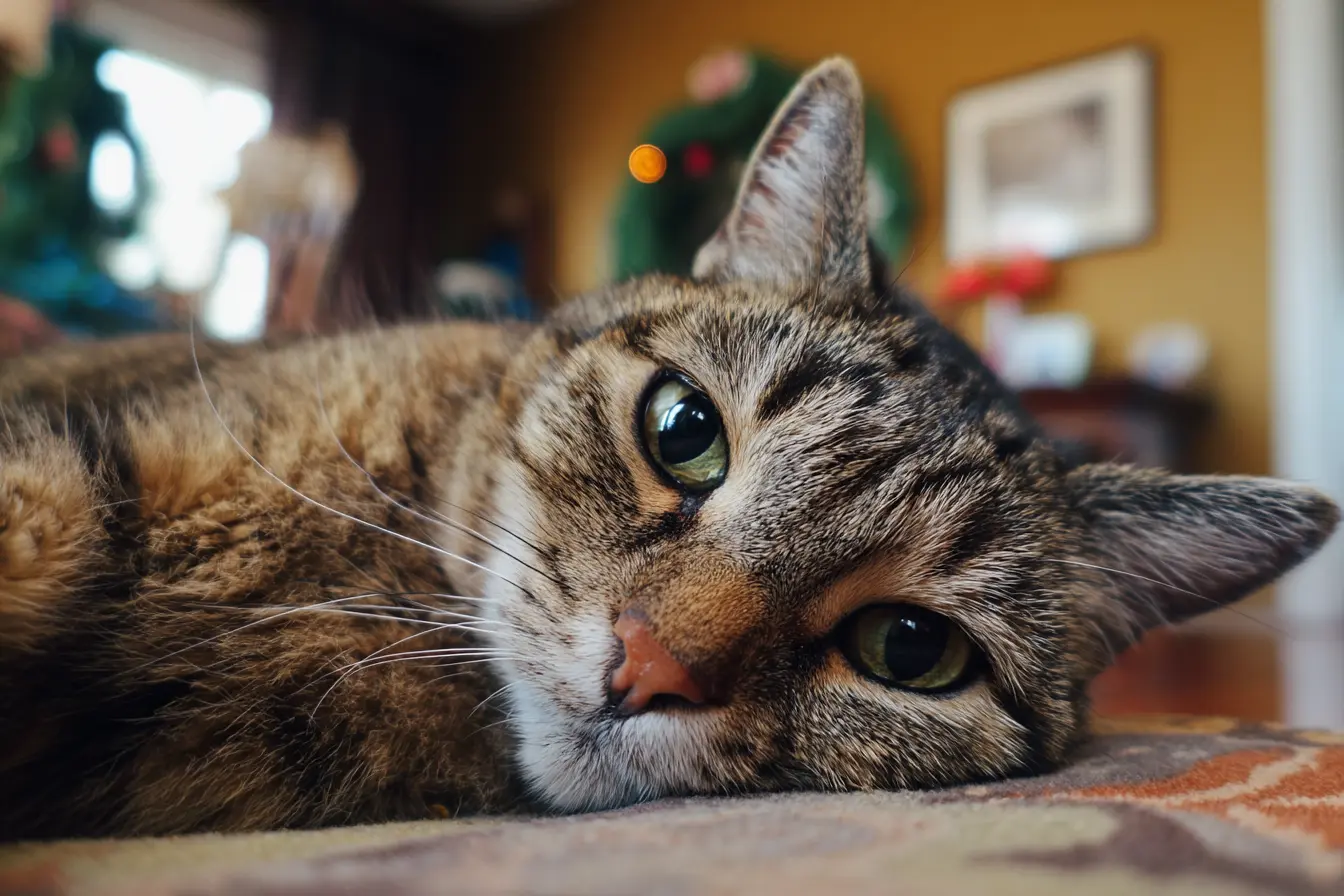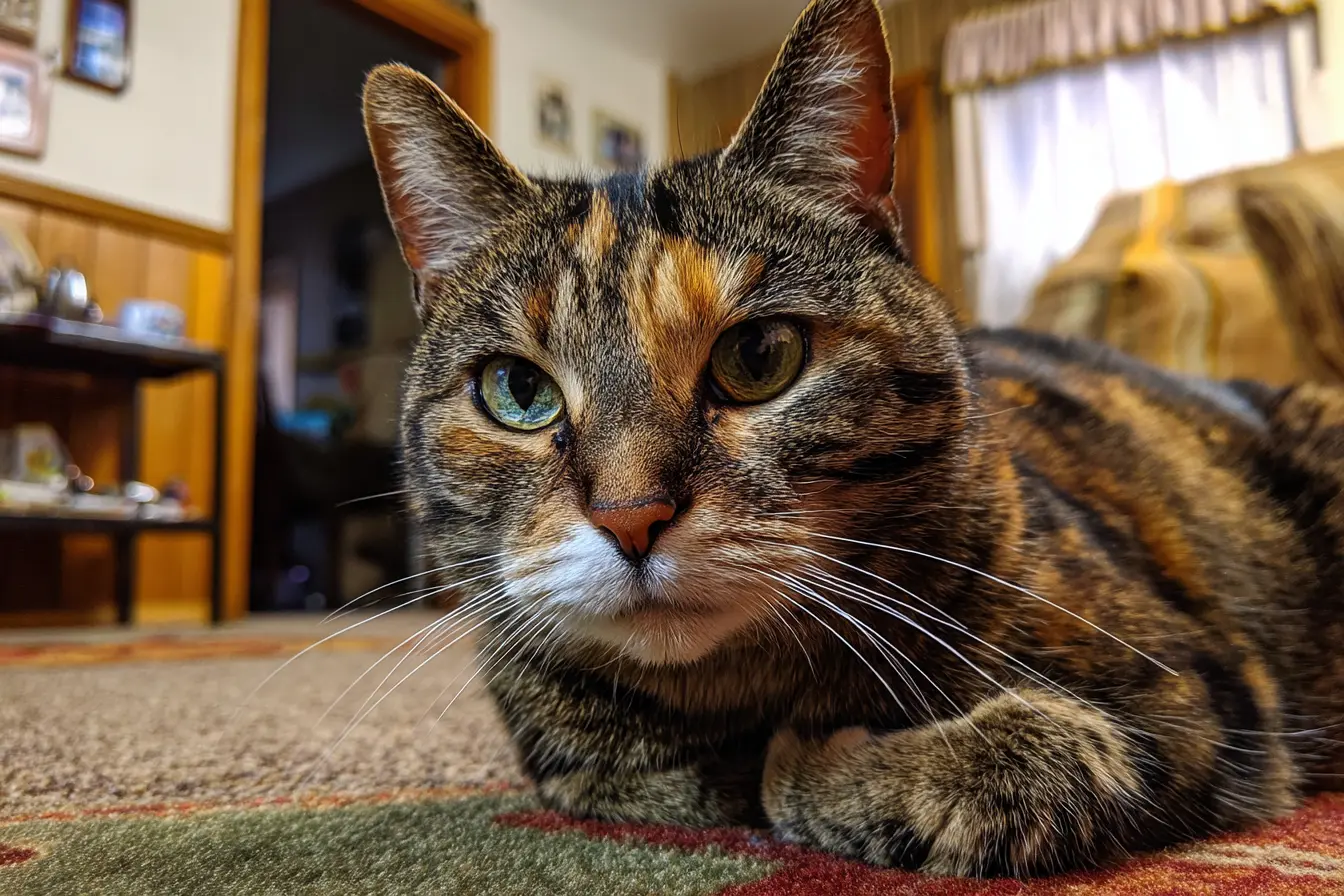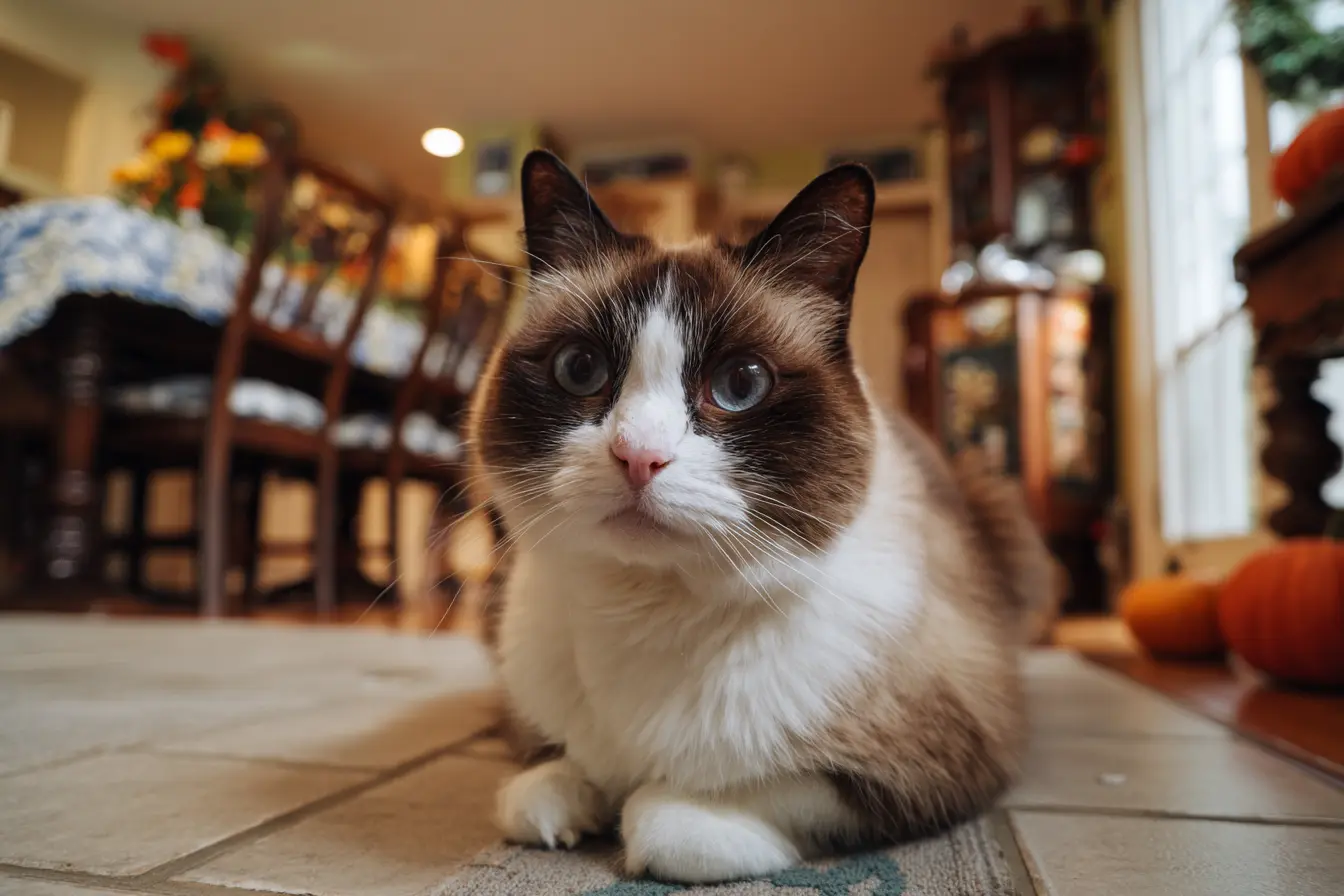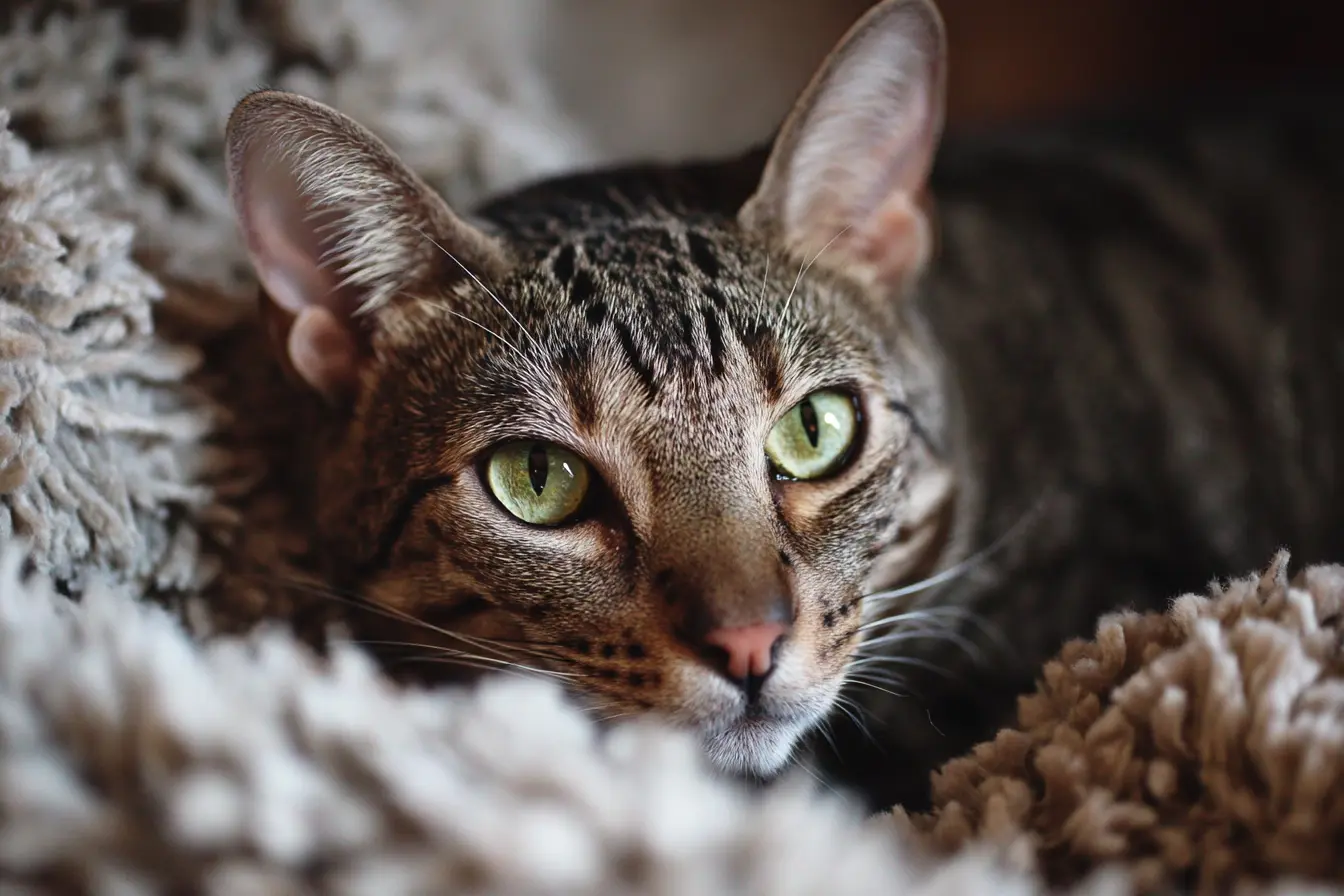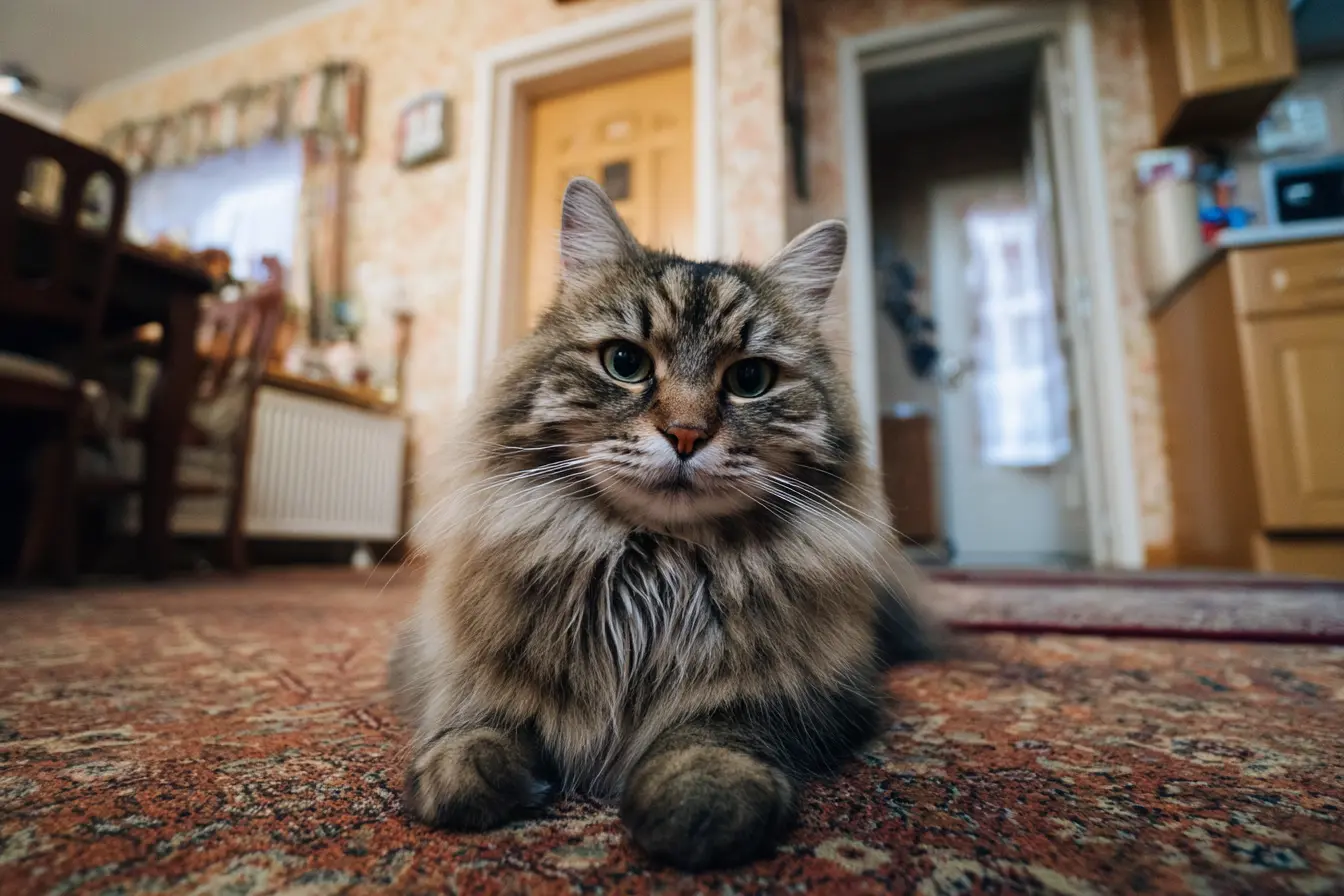
The Siberian cat: a majestic companion with a heart of gold
With their luxurious coats, piercing eyes and gentle nature, Siberian cats are a captivating breed that combines strength, elegance and affection. Originating in the harsh climates of Russia, Siberians are as tough as they are loving, making them a popular choice for cat lovers seeking a hearty, people-oriented feline. This guide explores the Siberian’s history, personality, grooming needs and suitability for various homes.
Breed history and characteristics
The Siberian cat is an ancient breed with its roots in the forests of Russia. These cats have been part of Russian folklore for centuries and are well known for their resilience and hunting ability. They were officially recognised as a breed in the late 20th century and have since gained popularity around the world for their beauty and temperament.
Siberians are medium to large cats with powerful, muscular bodies and thick, water-resistant triple coats. Their heads are broad with rounded contours, and their eyes are large and expressive. They come in a wide range of colours and patterns, including tabby, solid, tortoiseshell and colourpoint.
Despite their dense coats, Siberians are agile and athletic, capable of impressive leaps and climbs. They are built for cold climates but adapt well to indoor living.
Temperament
Siberians are known for their affectionate and sociable personalities. They form strong bonds with their humans and enjoy being part of everyday life. While they are not typically lap cats, they like to be near their people, often following them from room to room.
They are intelligent, curious and playful well into adulthood. Siberians tend to get along well with children and other animals, including dogs. They are confident and adaptable, which makes them a good choice for families, individuals or households with other pets.
Though generally not very vocal, Siberians communicate with gentle trills, chirps and purring. They are expressive and attentive companions.
Health and lifespan
Siberian cats are generally healthy and robust, with an average lifespan of 12 to 16 years. As a natural breed, they benefit from strong genetics, but some lines may be predisposed to certain conditions, including:
- Hypertrophic cardiomyopathy (HCM)
- Polycystic kidney disease (PKD)
- Dental issues
Responsible breeders screen for these conditions, so it's important to choose a breeder who prioritises health and genetic testing. Regular veterinary check-ups, a balanced diet and routine dental care will help keep a Siberian healthy throughout its life.
Grooming and care
Siberians have a long, dense triple coat that requires regular maintenance. While their fur is less prone to matting than other long-haired breeds, they still benefit from brushing two to three times a week, especially during seasonal moults in spring and autumn.
Grooming helps prevent tangles, reduces shedding, and strengthens the bond between cat and owner. In addition to coat care, routine grooming should include:
- Nail trimming
- Ear cleaning
- Dental hygiene
Despite their thick coats, Siberians are surprisingly clean and keep themselves well-groomed. They tolerate brushing well if introduced to it from a young age.
Living environment
Siberians are adaptable cats that can thrive in both spacious homes and smaller flats, provided they have enrichment and opportunities to exercise. They enjoy climbing and exploring, so a tall cat tree or shelving will help satisfy their natural instincts.
They are well suited to indoor living but also enjoy safe access to outdoor enclosures or secure gardens. Their calm, confident nature allows them to settle into new environments with relative ease, especially if they feel close to their human companions.
Training and socialisation
Siberians are intelligent and trainable. They can learn to come when called, play games like fetch, and even walk on a harness. They enjoy puzzle toys and interactive play that engages both body and mind.
Social by nature, Siberians are usually welcoming to visitors and adapt well to other pets when introduced properly. Early socialisation will help ensure they develop into well-adjusted and friendly adults.
Considerations for prospective owners
- Siberians need regular grooming, especially during seasonal shedding
- They are sociable cats that enjoy companionship but are not overly demanding
- Their size and strength mean they need room to move and climb
- They are intelligent and benefit from mental stimulation and play
Conclusion
The Siberian cat is a stunning and affectionate breed that offers the best of both worlds — natural beauty and a loyal, loving temperament. Whether you're looking for a companion to join a busy family or a steady, intelligent friend for quieter living, the Siberian is a versatile and rewarding choice.
If you're considering a Siberian, spend time getting to know the breed through reputable breeders or rescue organisations. As with any pet, adopting a Siberian is a long-term commitment — one that brings years of warmth, joy and companionship wrapped in a luxurious coat.
Vets near you
Speciality vets
- Aquatics vet specialists
- Birds vet specialists
- Camelids vet specialists
- Cats vet specialists
- Cattle vet specialists
- Deer vet specialists
- Dogs vet specialists
- Equines vet specialists
- Exotic vet specialists
- Goats vet specialists
- Pigs vet specialists
- Poultry vet specialists
- Sheep vet specialists
- Small Mammals vet specialists
- Wild vet specialists
Vet facilities
- Accessible by public transport
- Blood testing
- Car park nearby
- Client car park
- Dentistry
- Diagnostic imaging
- Disabled public access
- Flea and worm treatments
- Microchipping
- Mobile services
- Neutering
- Open at weekends
- Out-of-hours service
- Referral interests
- Referrals only
- Street parking outside
- Toilets available
- Vaccinations
